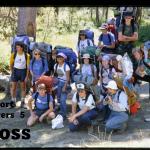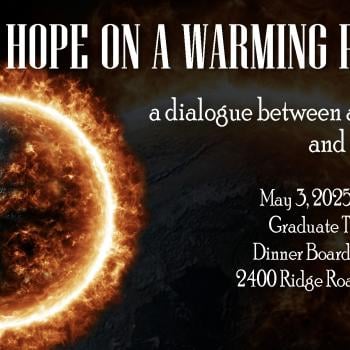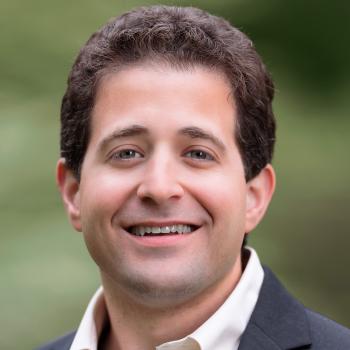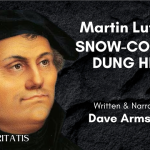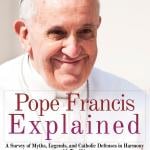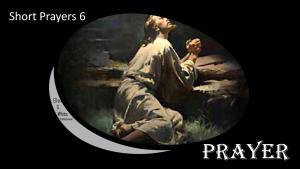 Short Prayers? What about praying at the moment of forsakenness? Helplessness? Despair? Crisis?
Short Prayers? What about praying at the moment of forsakenness? Helplessness? Despair? Crisis?
At three o’clock Jesus cried out with a loud voice, “Eloi, Eloi, lema sabachthani?” which means, “My God, my God, why have you forsaken me?” Mark 15:34
A short prayer in crisis from a South African prison cell
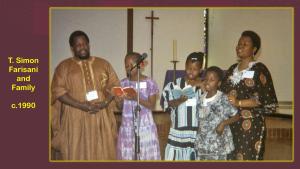 Meet Tshenuwani Simon Farisani, public theologian in South Africa. A Lutheran pastor and leader in the African National Congress (ANC), Farisani was elected to the post-apartheid Parliament. [See: Sunday Bobei Agangs’s edited volume, African Public Theology]
Meet Tshenuwani Simon Farisani, public theologian in South Africa. A Lutheran pastor and leader in the African National Congress (ANC), Farisani was elected to the post-apartheid Parliament. [See: Sunday Bobei Agangs’s edited volume, African Public Theology]
Imprisoned four times for his outspoken opposition to apartheid, ANC leader T. Simon Farisani was rescued from a prison dungeon by Amnesty International and other supporters around the world. He was taken to Minnesota for treatment of injuries suffered from torture. During recovery, he said he wanted to come to Berkeley to study theology. He became my doctoral student. During his tenure as a student he wrote a dissertation, which is required for a doctorate.
In addition to meeting his academic requirements, he published four books, one of which is an account of his struggles, Diary from a South African Prison (Fortress Press, 1987). On the very day he defended his Ph.D. dissertation in Berkeley he was elected in absentia to the Parliament of the new post-apartheid South Africa. He then returned to his native land to continue his leadership in government, church, and higher education. He was and still is a public theologian in action.
From torture and death to resurrection
Farisani knows what it means to experience resurrection. He fell into the depths of hell and then rose up again. Asleep one night on his prison cell floor, he reports, he was awakened by a sharp scream. It was a scream of human agony. He was overhearing an interrogation in another cell. The screams followed nightly for three months as prisoner after prisoner was pilloried and pressured to produce what the secret police wanted. Sometimes the screams would come from the outside, partially masked by the sounds of automobile engines or barking dogs. Nevertheless, the sound of human travail would pierce through the interference, breaking Farisani’s heart. He would fall on his knees and cry, he says. And although he was growing impatient with God as the months wore on and the suffering seemed to have no end, Farisani lifted up this short prayer.
Oh God, you source of justice and love, opponent of oppression and exploitation, enemy of apartheid and torture, where are you? The murderers are let loose. The wolves are plundering. Can’t you hear the desperate screams, the begging for mercy, the forced confessions? Can’t you hear the boasting of the godless? Where is your love? Where is your care and concern? Where is your being? Please God, let them come to torture me rather than have me listen to the screams of my brothers and sisters. Amen.
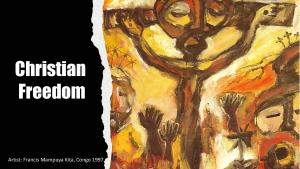 What I find remarkable about this prayer is its final petition. Farisani himself would take the place of those who were suffering worse.
What I find remarkable about this prayer is its final petition. Farisani himself would take the place of those who were suffering worse.
This reminds me of something in the New Testament. It reminds me of what theologians call the decensus, i.e., the descent, the incarnation, the suffering, and the death of Jesus. So, I wonder. Just might it have happened this way: once upon a time in heaven God himself knelt to pray. He prayed a prayer very much like Farisani’s prayer. And it was answered.
SHORT PRAYER
God of the incarnation, you too feel the pain of abandonment in suffering; so, do not leave us alone while we await resurrection. Amen.
▓
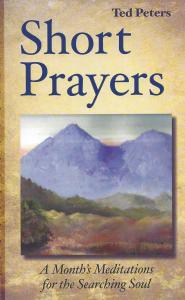 Ted Peters is a Lutheran pastor and emeritus seminary professor. He is author of Short Prayers and The Cosmic Self. His one volume systematic theology is now in its 3rd edition, God—The World’s Future (Fortress 2015). He has undertaken a thorough examination of the sin-and-grace dialectic in two works, Sin: Radical Evil in Soul and Society (Eerdmans 1994) and Sin Boldly! (Fortress 2015). Watch for his forthcoming, The Voice of Public Christian Theology (ATF 2022). See his website: TedsTimelyTake.com.
Ted Peters is a Lutheran pastor and emeritus seminary professor. He is author of Short Prayers and The Cosmic Self. His one volume systematic theology is now in its 3rd edition, God—The World’s Future (Fortress 2015). He has undertaken a thorough examination of the sin-and-grace dialectic in two works, Sin: Radical Evil in Soul and Society (Eerdmans 1994) and Sin Boldly! (Fortress 2015). Watch for his forthcoming, The Voice of Public Christian Theology (ATF 2022). See his website: TedsTimelyTake.com.
▓



